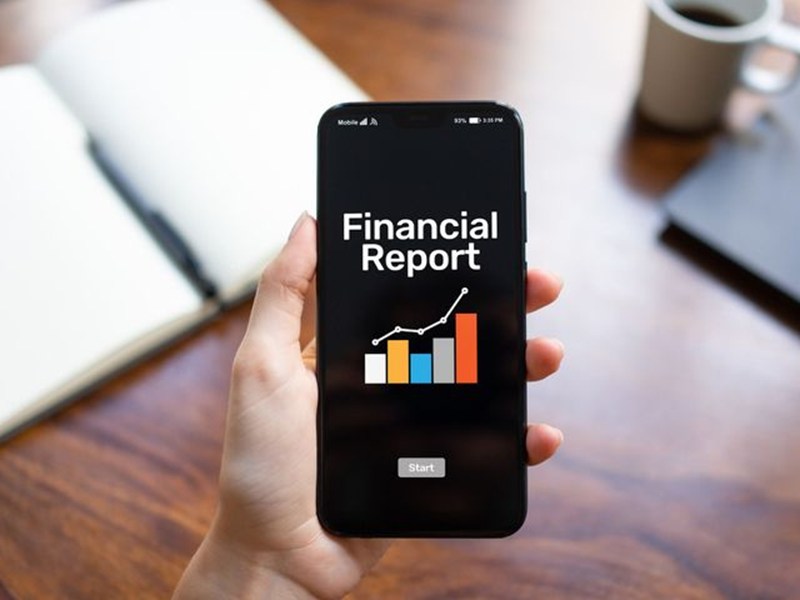How Businesses Can Use Both Consumer and Business Credit Reports for Underwriting

How Businesses Can Use Both Consumer and Business Credit Reports for Underwriting
When it comes to lending decisions, credit reporting is a critical tool in assessing risk and determining creditworthiness. For small business loans, equipment financing, and many other forms of commercial credit, lenders and brokers often rely not on one—but two—types of credit reports: consumer and business credit reports.
While they serve different purposes, pulling both reports offers a fuller picture of a borrower’s financial health. This dual approach helps lenders make better-informed decisions and provides a more accurate risk assessment. Let’s explore the benefits of using both and the scenarios where this strategy is essential.
Understanding the Difference
- Consumer Credit Reports reflect an individual’s personal credit history: credit cards, mortgages, car loans, payment history, credit utilization, and more. Major consumer bureaus include Experian, Equifax, and TransUnion.
- Business Credit Reports reflect the financial history of a company, including trade credit accounts, payment trends, credit limits, liens, judgments, and public filings. These are maintained by agencies like Dun & Bradstreet, Experian Business, Equifax Business, and Creditsafe.
Each report tells a different story—and when both are used together, they provide a 360-degree view of the borrower.
Why Pull Both Reports?
- Most Small Businesses Are Personally Guaranteed
Many small business owners—especially sole proprietors or new businesses—use personal credit to back their business obligations. If the business doesn’t have a strong credit file or enough history, lenders look at the owner’s personal credit to assess reliability. Equipment leasing companies and fintech lenders often require personal guarantees, making the consumer report just as important as the business report.
- Preventing Fraud and Identity Risk
Pulling both reports is a way to verify identity and legitimacy. A mismatch between the business’s credit file and the owner’s personal credit could raise a red flag. By checking both, lenders can ensure they’re dealing with a real, creditworthy borrower.
- Better Risk Stratification
Combining consumer and business data allows underwriters to assign risk tiers more precisely. For instance, a business might have a solid payment history with suppliers (strong business credit), but the owner may have high personal credit utilization (potential red flag). This insight helps structure deals appropriately—such as requiring a higher down payment or offering different terms.
- More Approvals, Smarter Lending
Some applicants may not qualify on one report alone, but a fuller picture makes the deal possible. For example, a startup with limited business credit might still qualify if the owner has an excellent personal credit history. This opens the door to more funding opportunities while protecting the lender’s exposure.
Common Use Cases
✅ Small Business Loans
Banks and online lenders often review both personal and business credit when evaluating SBA loans, term loans, or working capital financing. Strong consumer credit can offset a thin business credit file.
✅ Equipment Financing
Companies financing expensive machinery, vehicles, or tech systems often ask for both reports—especially when there’s a personal guarantee. The dual credit check ensures the borrower can handle the debt load personally and professionally.
✅ Vendor or Trade Credit
Distributors and suppliers extending net terms want to understand the business’s payment behavior. But if the business is young or undercapitalized, they may review the owner's personal credit to mitigate risk.
✅ Franchise and Startup Lending
Franchises often require capital upfront. Because startups have no track record, lenders lean heavily on the personal credit of the founders or guarantors.
✅ Merchant Cash Advances
These alternative finance products often involve high-risk borrowers. Reviewing both credit types helps providers price the product accurately and flag potential charge-off risk.
How Brokers and Lenders Can Access Both Reports
Modern lending platforms and credit reporting providers (like Experian, Dun & Bradstreet, and Creditsafe) offer bundled access to both consumer and business credit data. Many brokers use soft credit pull solutions for consumer reports to streamline pre-qualification without impacting the owner’s score—an increasingly popular approach in fintech and embedded finance models.
The Bottom Line
In today’s fast-moving lending environment, having a clear picture of both the business and the business owner is more important than ever. Whether you’re a lender, broker, equipment dealer, or financial services provider, leveraging both consumer and business credit reports gives you better insight, reduces risk, and expands your approval potential.
When used correctly, this dual underwriting strategy helps you say “yes” to more deals—while saying “no” to bad ones with confidence.















